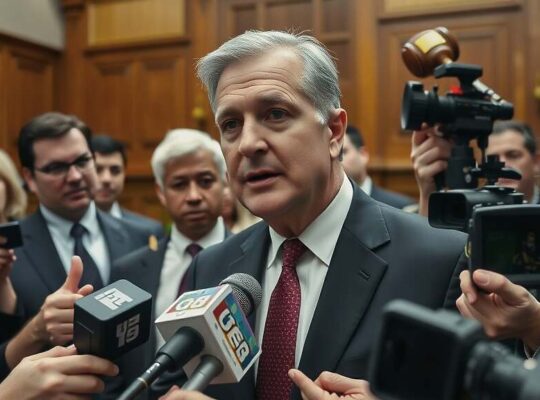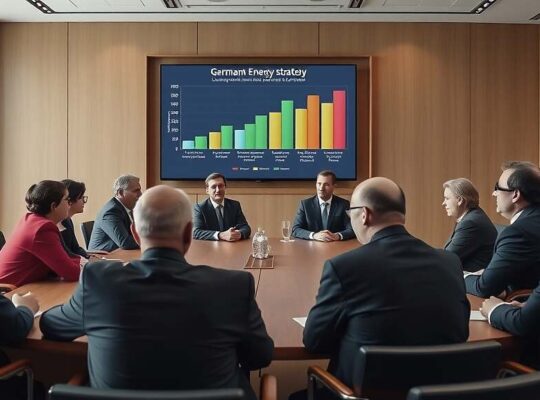mandatory battery charging.. Hildegard Müller, President of the Verband der Automobilindustrie (VDA), Germany’s powerful automotive association, has publicly advocated for a system that would effectively force drivers to utilize the electric capabilities of their hybrid cars.
Müller’s proposal, outlined in an interview with the Frankfurter Allgemeine Sonntagszeitung, envisions a future where plug-in hybrids are designed with a ‘charging obligation.’ Within a defined mileage, drivers would be required to recharge their vehicle’s battery at least once. Failure to comply would trigger progressively stricter penalties, potentially culminating in automatic performance throttling as a final deterrent. Müller argues this mechanism represents a targeted approach to promoting electric driving, a sentiment echoed by recent studies revealing that plug-in hybrids frequently emit higher levels of CO2 than demonstrated in standardized WLTP testing due to limited electric mode usage.
The strategic timing of this suggestion is drawing particular scrutiny. The VDA’s move is widely interpreted as a preemptive maneuver designed to stave off stricter EU regulations on plug-in hybrid emissions calculations. Brussels is currently considering significant revisions to the methodology used, potentially making it considerably more difficult for manufacturers to meet increasingly stringent EU fleet emission targets. Failure to comply with these regulations carries substantial financial penalties for automotive companies.
Critics are already questioning the VDA’s proposal, labeling it a reactive measure designed to protect the industry’s bottom line rather than a genuine commitment to environmental responsibility. Concerns center on the potential infringement of driver autonomy and the inherent complexity of implementing and enforcing a mandatory charging system. Some analysts suggest that if plug-in hybrids are failing to deliver on their promised emissions reductions, the focus should shift towards incentivizing a complete transition to fully electric vehicles rather than attempting to manipulate driver behavior through technical limitations. The intervention highlights the ongoing political pressure surrounding the industry’s decarbonization efforts and the delicate balance between technological innovation and regulatory oversight.












